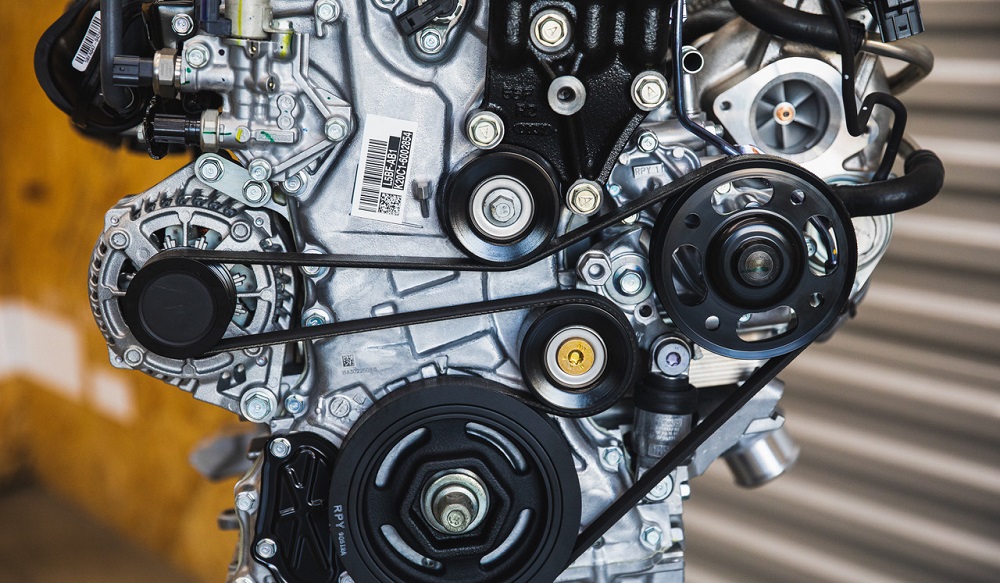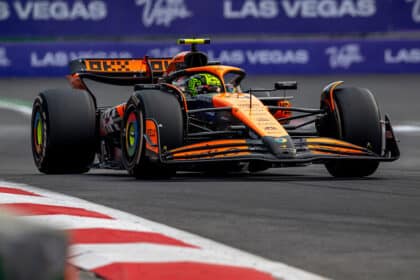 Photo: Honda
Photo: Honda
A meeting of the Formula 1 Commission has led to the unanimous approval of an engine freeze. The FIA, engine manufacturers, and all 10 teams agreed to stop engine development from the start of the 2022 season, which will last until new power units are introduced in 2025.
Engine Project: Make sure your car gets only the best parts
Red Bull Racing was the team to originally push for the F1 engine freeze. With Honda departing the sport after 2021, Red Bull hoped to take over the Honda engine project but only had the resources to build the existing units rather than continue developing upon them.
The freeze was not initially supported by all of the teams but eventually gained full approval, in part because it helps reduce the cost of ongoing participation in an expensive sport — a participation that, for some teams, has surely been more financially difficult to justify amid a global pandemic.
The F1 engine freeze will serve as a stop gap until new power unit regulations are introduced for 2025. F1 says the key objectives for the new regulations will be to introduce engines that are environmentally sustainable (including using fully sustainable fuel), represent a significant cost reduction, are attractive to new manufacturers, relevant to the social and automotive landscape, and “powerful and emotive.”
Future Honda: Next-gen Civic makes big debut on Twitch.tv
“The definition of the objectives for the next generation of F1 car and Power Unit is of the utmost importance to the FIA and Formula 1, and together with teams and Power Unit manufacturers, there is strong alignment on the overall goals — particularly the need to reduce cost and reach carbon neutrality,” F1 said in a statement.
The F1 Commission also discussed other topics, including a potential new qualifying format involving sprint races. The idea is to move the current Saturday qualifying session to Friday, with Saturday then featuring a 100-km sprint race (normal F1 races are 305 km minimum). The results of that race would decide the grid for the full race on Sunday and could offer half points.
F1 is eager to change up the qualifying format because any unexpected upending of the established order tends to lead to more exciting races. It proposed a trial at three Grands Prix this season — in Canada, Italy, and Brazil — but the teams have said that while they are open to the idea, they need time to pore over the details and come to a decision.
Kurt Verlin was born in France and lives in the United States. Throughout his life he was always told French was the language of romance, but it was English he fell in love with. He likes cats, music, cars, 30 Rock, Formula 1, and pretending to be a race car driver in simulators; but most of all, he just likes to write about it all. See more articles by Kurt.







